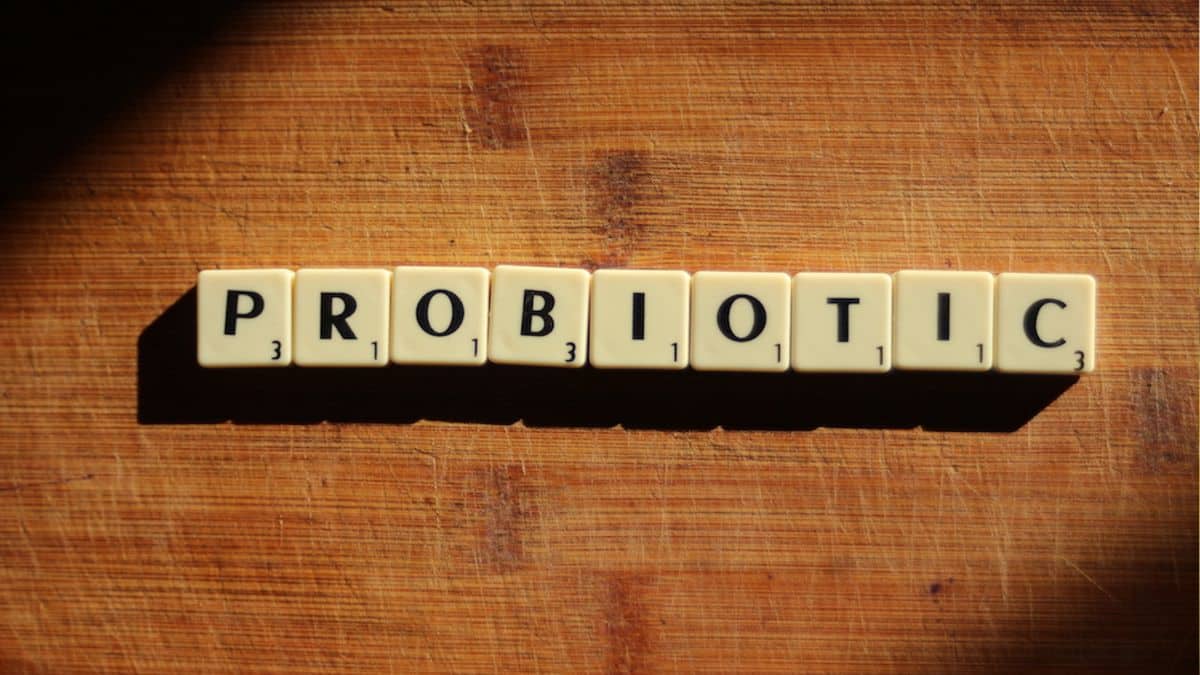You’ve tried counting calories, adjusting macros, and following strict meal plans—but the fat just won’t come off. Could the missing piece of your fat loss puzzle be probiotics?
Emerging research suggests that gut health—specifically the bacteria living in your intestines—may play a critical role in how your body stores fat, regulates appetite, and burns calories. In this article, we’ll explore whether probiotics could be the secret weapon your fat loss diet has been missing.
What Are Probiotics and Why Do They Matter?
Probiotics are live microorganisms that help maintain a healthy balance in your gut microbiome. The human gut is home to over 100 trillion bacteria, many of which influence:
- Nutrient absorption
- Inflammation levels
- Insulin sensitivity
- Hormone production (like leptin and ghrelin)
- Immune response
When your gut microbiome is balanced, your metabolism functions efficiently. But when it’s out of balance—due to poor diet, stress, or antibiotics—your body can become prone to weight gain, cravings, and bloating.
How Probiotics Affect Fat Loss
Here’s how probiotics support your fat loss journey:
1. Reduce Inflammation
Chronic low-grade inflammation is common in people struggling with weight. Probiotics help reduce gut permeability (leaky gut) and lower inflammatory markers—creating a healthier fat-burning environment.
2. Regulate Hunger Hormones
Certain probiotic strains influence ghrelin (hunger hormone) and leptin (satiety hormone), helping you feel full longer and avoid overeating.
3. Improve Insulin Sensitivity
A healthy gut microbiome enhances blood sugar control. That means fewer crashes, less fat storage, and more energy for workouts.
4. Increase Short-Chain Fatty Acids (SCFAs)
Probiotics promote SCFAs like butyrate, which boost fat oxidation and help regulate appetite and metabolism.
5. Block Fat Absorption
Some strains inhibit fat absorption in the gut, leading to greater fat excretion through digestion.
The Math Behind Gut Health and Fat Storage
Let’s do a quick math-based comparison:
- An imbalanced gut may increase calorie absorption by 10–15%.
- If you eat 2,500 calories/day, that’s an extra 250–375 calories stored—enough to gain 2–3 lbs/month.
- Improving gut balance can reduce this surplus and improve nutrient partitioning (i.e., sending calories to muscle instead of fat).
This means gut health directly affects your body composition—even with the same diet and exercise routine.
Best Probiotic Strains for Fat Loss
Not all probiotics are equal. Here are the top strains backed by science for weight management:
| Strain | Benefits |
|---|---|
| Lactobacillus gasseri | Reduces belly fat and waist size (in human trials) |
| Lactobacillus rhamnosus | Improves weight loss, especially in women |
| Bifidobacterium breve | Decreases body fat and inflammation |
| Lactobacillus plantarum | Supports digestion, reduces bloating |
Choose supplements that contain at least 10–20 billion CFUs and include multiple strains.
Best Food Sources of Probiotics
In addition to supplements, incorporate probiotic-rich foods into your diet:
- Greek yogurt (unsweetened)
- Kefir
- Sauerkraut
- Kimchi
- Miso
- Tempeh
- Pickles (naturally fermented)
Pair them with prebiotic foods like garlic, onions, bananas, and oats to fuel good bacteria.
How to Add Probiotics to Your Fat Loss Diet
Step 1: Start with Food
Include 1–2 servings of probiotic foods per day. Rotate sources for diversity.
Step 2: Add a High-Quality Supplement
Look for broad-spectrum formulas with clinically studied strains.
Step 3: Time It Right
Take supplements 30 minutes before meals or in the morning for best absorption.
Step 4: Track the Effects
Monitor changes in digestion, bloating, cravings, and weight weekly.
When to Be Cautious with Probiotics For Fat Loss
While probiotics are safe for most people, some may experience:
- Temporary bloating or gas
- Mild digestive changes
- Interference with certain medications (if immunocompromised)
Start slow and consult a healthcare provider if you have underlying health issues.
Key Takeaways
- Probiotics help regulate hunger, inflammation, insulin, and fat absorption.
- A balanced gut can significantly increase fat loss efficiency—even without changing your calorie intake.
- Use a combination of food and targeted supplements to get the best results.
- Track digestive changes and body composition to monitor progress.
- Gut health isn’t just for digestion—it’s a key fat loss tool you can’t afford to ignore.
If your fat loss has stalled despite clean eating and hard training, your gut may be speaking. It’s time to listen—and feed it what it needs to thrive.
Read Next…
- How to Recover from Burnout Using Exercise and Faith
- Are Probiotics the Missing Link in Your Fat Loss Diet?
- How to Improve NEAT Activity Without Going to the Gym
- How to Naturally Improve Hormonal Balance During Menopause
- Does a Cold Shower Boost Testosterone? Science Explains
Subscribe now and get a 14-day free trial workout app for iPhone users.





